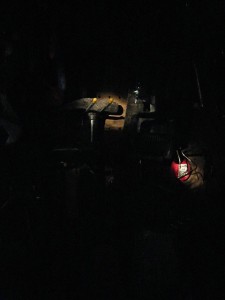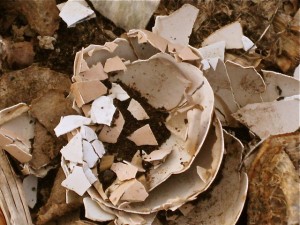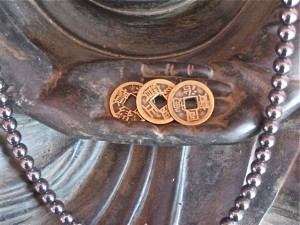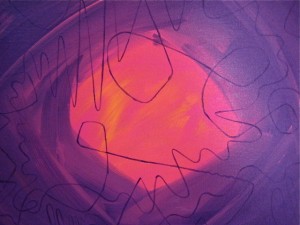
We are challenged every day by forces that want our time, money, attention, and emotion. Jung focused on the inner culprit—the shadow, or unknown self—as the force that consumes a great deal of our daily energy and actions. The shamans of Carlos Castaneda’s lineage focused outwardly on the flyer, an entity that preys upon the tumult of human excess for its own sustenance and survival.
These are two descriptions of reality that coin metaphors to capture the predatory dimension of life. If we can acknowledge, that is, suspend judgment about this dimension of life, both within the self and in the world at large, we are freed to benefit from this relationship. The function of the shadow/flyer is to show us all of who we are. With this knowledge we can choose who we might become.
As we exit the season of excessive consumption we are shown our proclivity for sensual delight, whether we indulge or refuse it. Encounters with shadow/flyer may result in nausea, guilt, depression, insatiability, out-of-controlledness, and defeat.
Make no mistake about it; these are powerful entities with completely self-serving agendas. They can wreak havoc on our physical and emotional selves. However, their power lies solely in our ignorance or refusal to know the full truth about ourselves. If we can accept that we are sensual, emotional beings that need to find fulfillment in all that we are, we can begin to make room for all that we potentially are, in new balance.
Sometimes, we engage in excess to numb ourselves from parts of the self too painful or frightening to know. This is a defensive strategy that has its temporary value, however, it cannot hold back the deepest need to know and realize the full self. This activity points the way to recapitulation.
When we find ourselves caught in the daily round of repetitive Jekyll/Hyde behavior—fully convicted and repentant with the rising sun, only to be swept away again and again with the rising moon—we are awakened to the power of the shadow/flyer to control our lives in the absence of self-knowledge. As we awaken, we are freed to find new balance in our lives, perhaps a middle way; and with this awareness we are able to release the predatory entity of excess.
Mosquitoes are predatory flyers. However, they will move on to other prey when the stagnant pool that breeds them dries up. If we remain in stagnancy, we invite the shadow/flyer into our lives. It will feast upon us in our stagnancy, however, with the discomfort it creates we are invited to change.
Such is the nature of this symbiotic relationship between predator and prey. The predator becomes the beacon or instigator of change. Nonetheless, we must use this provocation to our advantage. That is, we must wake up, face the fullness of the self and move toward balance and fulfillment in life. Once we begin this process of change we release the predator because it no longer serves us. And we no longer serve it!
Moving on, into a new space. We have literally moved our office to the end of the hall, beyond our former location. See you there!
Chuck




